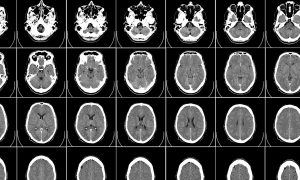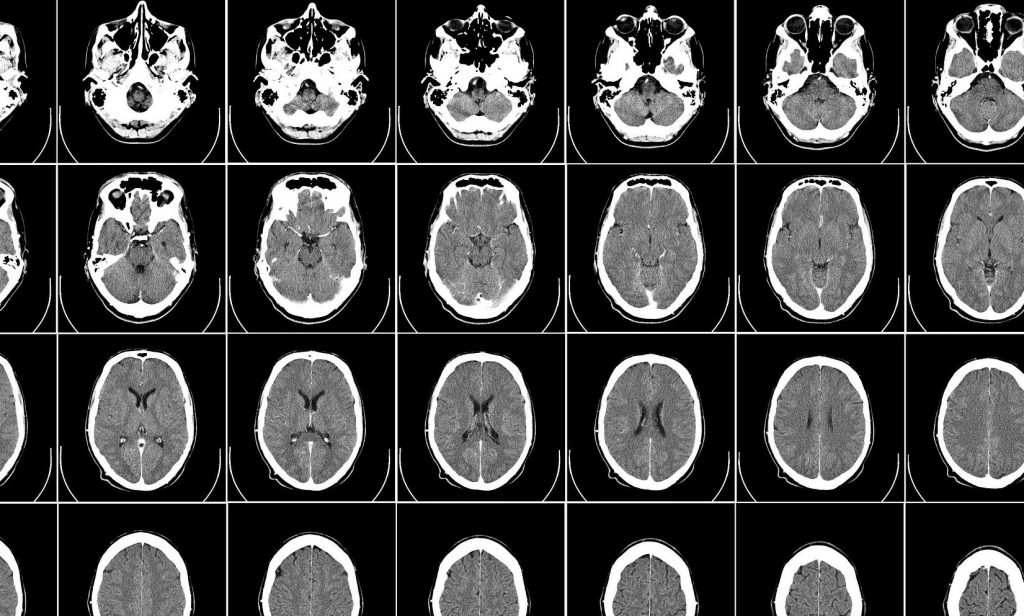Small-brain link to long-term antisocial behaviour

PEOPLE who steal, bully and lie throughout their lives may have smaller brains, researchers say.
MRI scans suggested 45-year-olds who had shown antisocial behaviour from childhood had reduced surface area and a thinner cortex in parts of the brain previously linked to such behaviour.
But it is unclear if this was inherited or due to factors such as substance abuse, low IQ or poor mental health.
The researchers scanned nearly 700 volunteers they had studied from birth.
They found the 80 people in the last group, which included people who had committed violent crimes, had significant structural differences in their brains.
The authors said their findings – published in Lancet Psychiatry – provided the first robust evidence to suggest people who offended throughout their lives had underlying neuropsychological differences.
Adolescents showing antisocial behaviour that began in childhood, who were at an increased risk of incarceration and poor physical and mental health later in life, may be dealing with “some level of disability”.
And they could benefit from more support throughout their lives.









